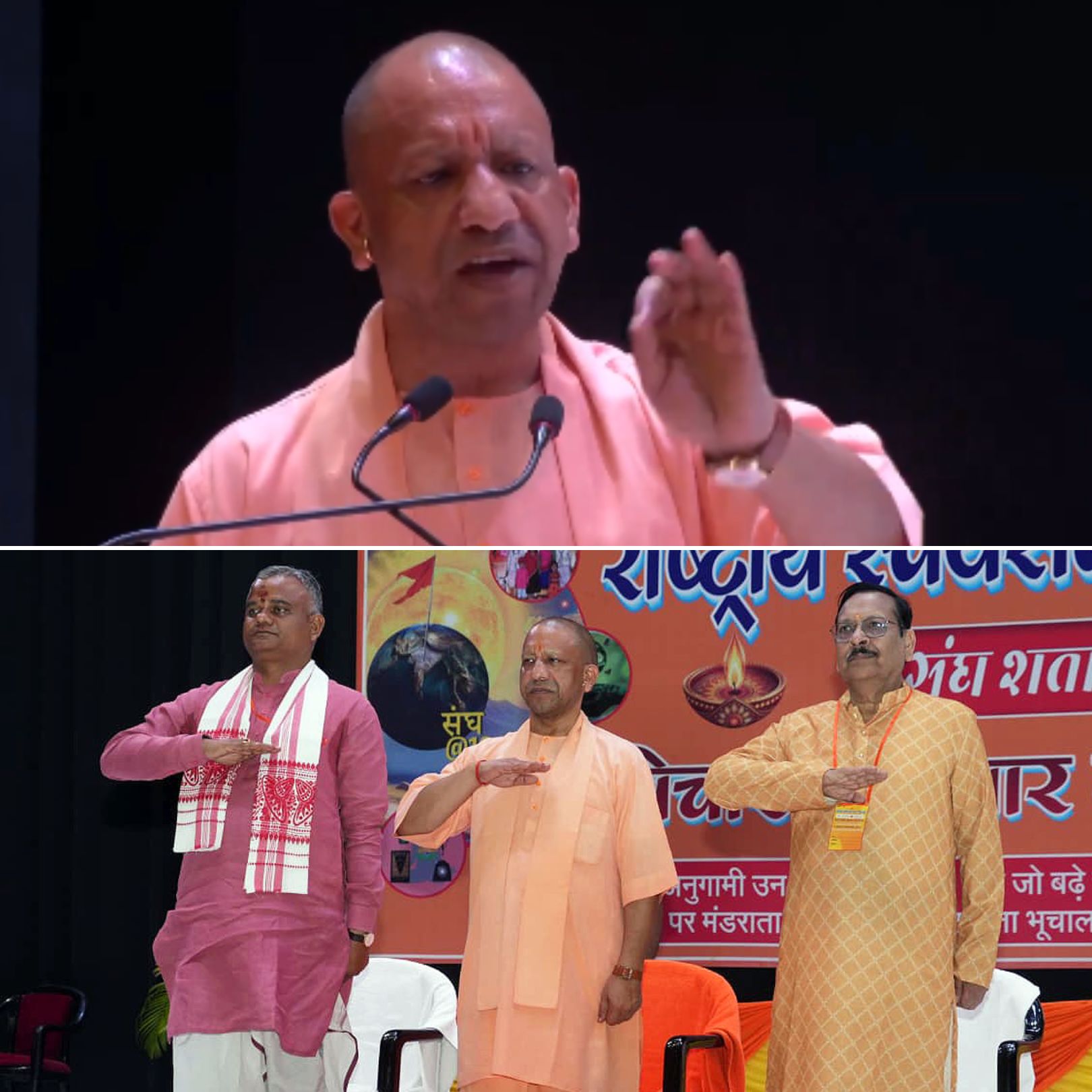Uttar Pradesh Chief Minister Yogi Adityanath has issued a strong warning against halal-certified products, urging consumers to avoid them as the state government has banned their production, storage, distribution, and sale.
The ban, announced in November 2023 and reiterated in October 2025, comes amid allegations that profits generated from halal certification, which reportedly amounts to around ₹25,000 crore, are being misused to fund terrorism, forced religious conversions, and ‘love jihad’.
Amid the controversial climate, Adityanath emphasized that no one in Uttar Pradesh would dare sell halal-certified products now, highlighting items such as soaps, clothes, and matchsticks that bear halal labels.
Halal Controversy in UP
Halal certification is a process by which products comply with Islamic dietary laws. While traditionally associated with permissible meat slaughter, the label has extended to various food items, medicines, cosmetics, and other consumer goods.
The Uttar Pradesh government argues that the halal certification system operates as a parallel, unregulated channel not officially recognised by state or central authorities. Officials claim it has been exploited to manipulate religious sentiments for financial gain, sow societal divisions, and weaken national unity.
Alongside the ban, the state Food Safety and Drug Administration has warned of strict legal action against companies involved in halal-certified product businesses within the state, except those manufacturing for exports where halal certification remains a legal necessity.
Political Dimensions and Official Statements
During an address at the Rashtriya Swayamsevak Sangh’s centenary celebrations, CM Adityanath linked the halal certification issue with broader concerns of ‘political Islam’ undermining Hindu traditions and faith. He praised the RSS’s role in preserving Sanatan Dharma and the construction of the Ayodhya Ram Temple.
Extending criticisms to opposition parties, Adityanath defended the government’s stance, citing police arrests related to halal funding linked to conversion rackets. He also announced the discontinuation of Eid Milan functions at official state residences, underscoring his commitment to a cultural-nationalist agenda.
The move has invoked mixed responses: supporters laud it as a necessary security and societal measure, while critics flag concerns over religious freedom and potential communal tensions.
The Logical Indian’s Perspective
While concerns related to illegal funding and exploitation merit attention, The Logical Indian encourages balanced, evidence-based policy that protects religious freedoms, consumer rights, and social harmony.
Blanket bans risk alienating communities and amplifying polarization. Effective governance requires transparency, dialogue, and respect for constitutional rights to ensure security does not come at the cost of inclusion.












